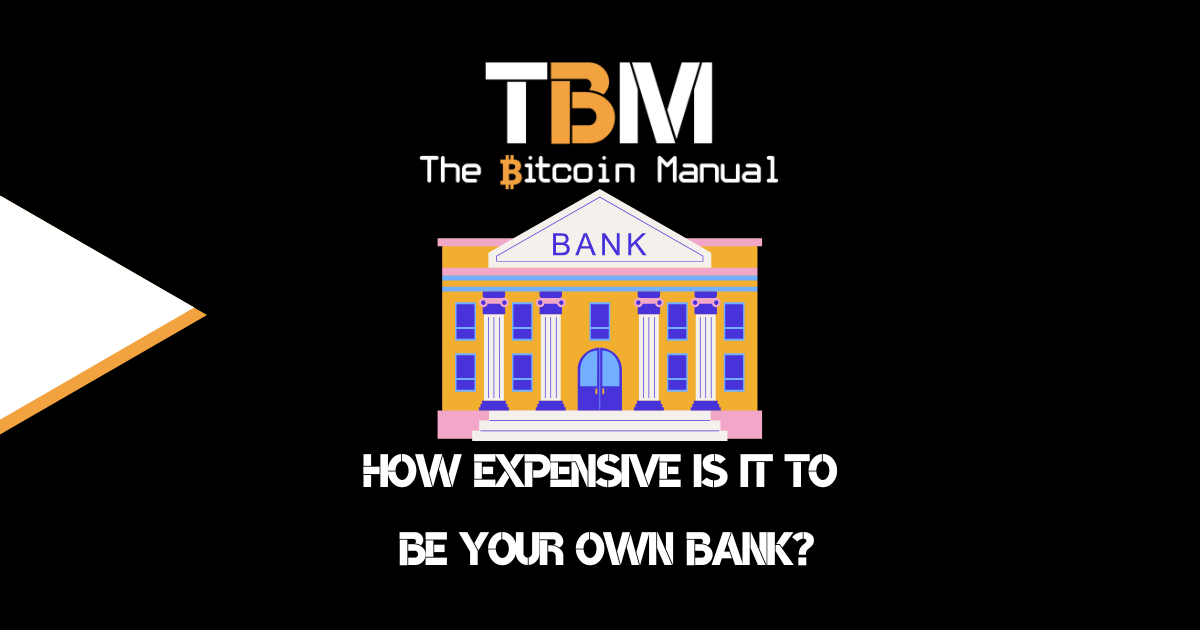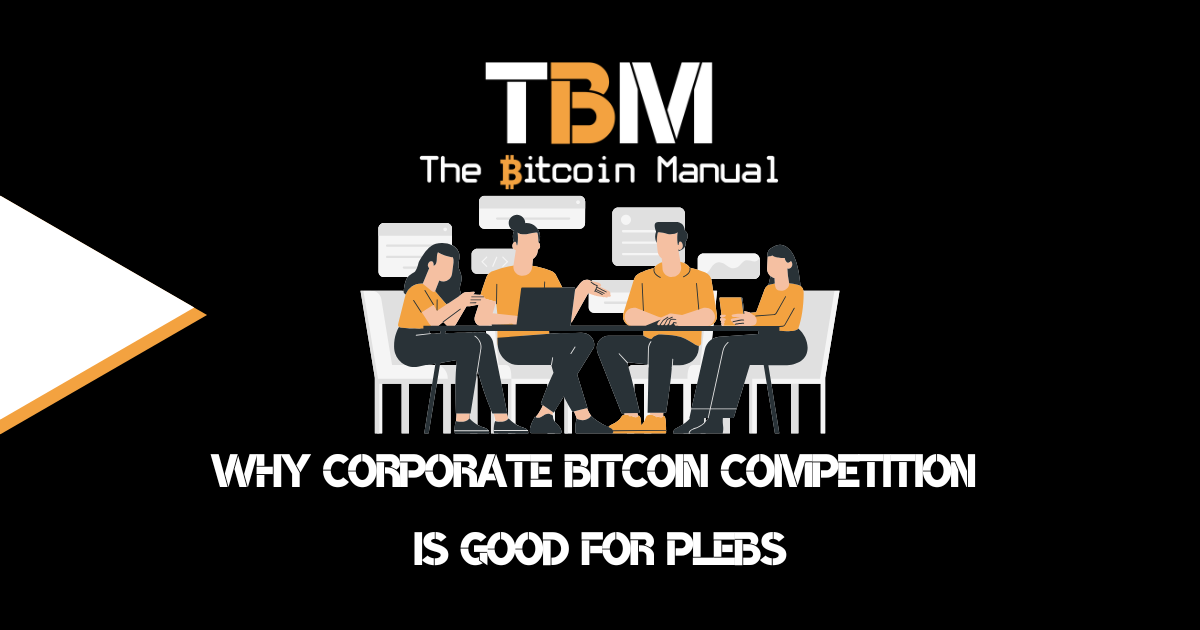Bitcoin Watchtowers
Home » Behind The Bitcoin » Watchtowers
Watchtowers are a safeguarding service within the original Lightning Network (LN) paper and have since been improved and optimised as Bitcoin’s LN looks to scale into a global P2P payments network.
Since user’s nodes and wallets need to remain constantly connected to use Lightning and there is no final settlement like the base chain, you need monitors to review the network’s connections.
Watchtowers are an ecosystem of third-parties that users employ to outsource monitoring of on-chain transactions relevant to their lightning channels. Watchtowers act as ‘watchdogs’ of the blockchain to identify and penalise malicious actors for cheating other users within channels or ensuring channels are effectively used so transactions can pass through the network smoothly
They evaluate whether or not a participant in an LN channel has improperly broadcast a prior channel state, and reduce the chances of losing funds as watchtowers have the ability to reclaim funds after closing the channel with an invalid state.

How watchtowers work
A watchtower is a program that watches the bitcoin base chain and lightning network to see when a particular transaction is broadcast to the mempool. Their purpose is to look for invalid transactions that do not adhere to consensus rules in order to flag them and, in some cases, recover funds.
If that transaction is flagged in its memory as part of an outdated contract, it broadcasts the latest version of the contract it knows about to keep states of all channels inline and the network in consensus. A watchtower has no control of funds.
They don’t need ID about their users or where the funds are destined for. They are simple tools for identifying old contracts that somehow get broadcasted and replacing them with the latest versions.
How funds are reclaimed using watchtowers
If a watchtower deems a transaction invalid, it can issue a reclamation of funds through a procedure known as a justice transaction.
Justice transactions are only possible within a specific period after the initial attack. Since most users are not constantly watching their Lightning wallets, executing a justice transaction promptly is not always possible. Watchtowers allow users to outsource the execution of justice transactions so that even if they are not watching their wallet or their Lightning node is offline; they will not miss the window for the justice transaction.
Justice transactions provide punishment for acting against the network and an additional layer of security for those who are holding funds in the lightning network.
Why run a watchtower?
Running a watchtower like running a node helps with the decentralisation of the network and provides more eyes on the network and, therefore, more security. However, monitoring all the states and remaining online comes at a cost in terms of electricity and, of course, data storage. To encourage users to run one, the network needs to compensate watchtower users, of which there are two monetisation models in play. One is penalty transactions fees, while the other is subscription services.
How to run a watchtower?
You would need to download and turn on the watchtower client and have it connected to your already set up lightning node.
Share with a friend
If you thought this information was helpful why not share it on your favourite social media network and encourage others to learn more about Bitcoin
The latest news from our blog

How Expensive Is It To Be Your Own Bank?
Every month, millions of people quietly hand over their hard-earned money to banks through fees that have become so normalised we barely notice them. Account

What Is Proof of Liabilities?
Two cycles ago, few in the Bitcoin community knew or cared about Michael Saylor and his software analytics company, Microstrategy (now renamed to just “Strategy”).

Why Corporate Bitcoin Competition is Good for Plebs
The Bitcoin space is buzzing with news of yet another corporation announcing its “Bitcoin treasury strategy.“ It’s the hottest trend since slapping an AI on
